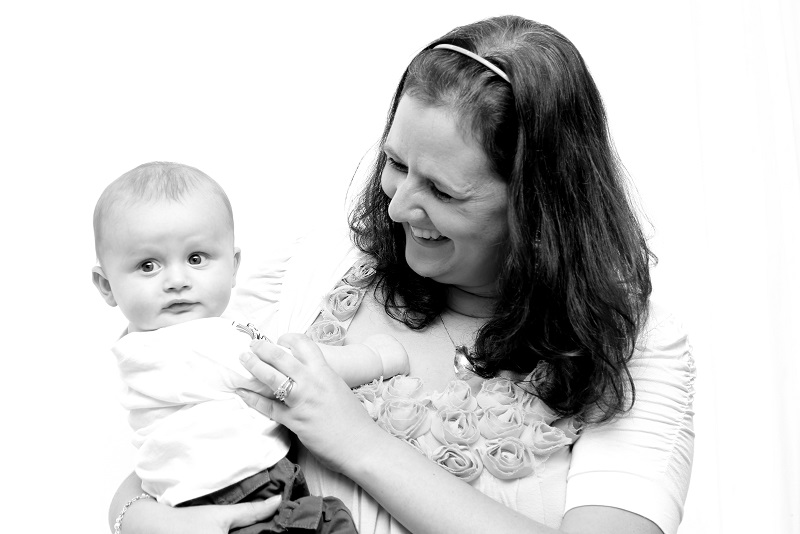
What kind of parent are you?
Some people go into parenting saying ‘I will never do what my parents did to me’ or ‘I will bring up my children exactly the way my parents brought me up.’ Then, when the honeymoon is over and baby is a toddler, your spouse suddenly announces that the correct and only way to parent is the opposite of what you believe.
You ask yourself, ‘Why didn’t we sort this out before we got married?’ A very common problem in parenting is that one parent is or becomes very laid back and gentle in their approach and the other a bit stricter. The stricter one starts laying down more laws and shouting, becoming stricter in his or her approach and the softer one empathises, starts making more excuses, negotiating and explaining more. Both feel they need to compensate for the other. This unintentionally creeps in and becomes progressively worse as time moves on. Both extremes can cause problems. When I address this situation by asking the one parent, ‘If your spouse would be a bit stricter, would you be willing to take a softer approach?’ and ask the other parent, ‘If your spouse were to become a bit softer, would you be willing to be stricter’, they both answer yes. Everybody has an instinctive style of parenting that is generally influenced by their temperament, their parents and their life’s experiences. Look at the list of attributes below and mark off each one that describes you. If you respond in a different way with each child, then put their name next to the attribute as you mark it off.
Nurturer
- Demonstrates lots of love and grace
- Nurtures at every opportunity
- Gives lots of hugs and kisses
- Very protective
- Likes giving plenty of choices
- Enjoys discussing/negotiating
- Indulges easily
- Over-compensates
- Makes excuses for the child
- Protects a child from suffering consequences
- Tends to wrap a child in bubble wrap to keep the peace
Sergeant
- Sets firm clear boundaries
- Establishes his or her authority
- Controls the child’s environment and choice of friends
- Gives limited freedom
- Gives limited choices
- Makes lots of rules
- Can be creative with punishments and rewards
- Not scared to say no and sticks to it consistently
- Is not swayed by a child’s whining/nagging/tantrums
- Speaks once and then takes action
Teacher/Trainer
- Allows a child to suffer their own consequences
- Not too strict with boundaries
- Enjoys empowering children by giving choices
- Teaches by example
- Is hands-on and involved in activities/interests
- Imparts knowledge freely
- Is a good counsellor/listener
- Guides the child through issues, using problem-solving skills
- Helps prevent and diagnose problems through dialogue
Coach
- Gives more freedom of choice
- Mentor – children want to learn from them
- Waits to be asked for advice but is a good listener
- Has clear boundaries but is not very strict
- Helps children to work out their own consequences
- Prefers children to suffer natural/logical consequences
- Avoids saving children from suffering consequences
- Observes from the sidelines
- Helps children to come to conclusions through posing relevant questions
- Doesn’t take things personally
Friend
- Doesn’t accept responsibility for others or understands boundaries
- Gives advice and support only when asked
- Wants to just have fun together
- Not responsible for disciplining
Not one style is right or wrong. It has more to do with the age and stage at which your child is. Children need all the parenting styles but some styles are more dominant than others at different stages.
Now look at the age of the child that you marked next to the style.
- The Nurturer should have children’s names from birth to around 18 months
- the Sergeant 18 months to 6 years,
- the Teacher/trainer 6–12 years, and
- the Coach 12–18 years.
- After 19 we finally reach the goal of Friendship!
You can’t be friends with your five-year-old! Nor can you be a Sergeant to your 16-year-old! Everything has a time and a season. It is very important that a child under 16–18 months has most of his needs met, but it is just as important for a three-year-old to know who is boss in the house!
It is easier to build strong children than to repair broken men. – Frederick Douglass





